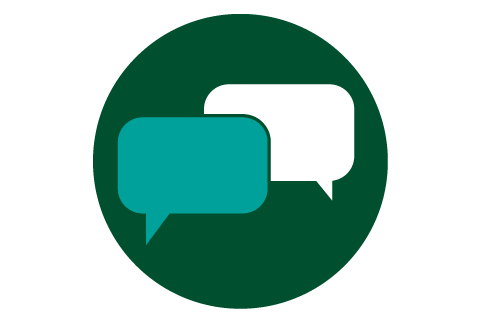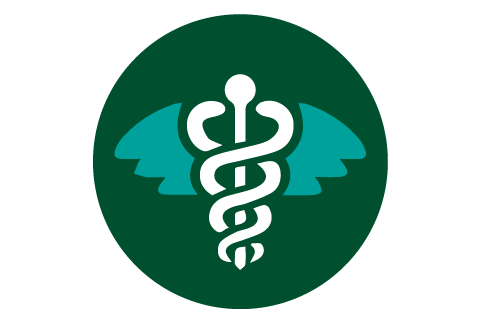Thank you for your work this semester to ensure that our students continue to receive a world-class University of Miami education, both in and outside of the classroom. Higher education continues to face increasing expectations, regulations, and challenges but know your work is incredibly impactful on student learning and success at the U.
As the end of the fall semester quickly approaches, students are managing increasingly more in preparing for exams, managing homesickness, planning for next semester, and overcoming other changes in their personal lives. Due to your regular interaction with students, you are in a pivotal position to help those who may be struggling emotionally or academically by directing them to the appropriate on-campus resources.

We encourage you to look for these possible warning signs of distress:
- Change in performance or behavior
- Excessive absence or tardiness
- Undue aggressiveness or abrasive behavior
- Unusual/disproportionate emotional response to events
- Depressed or lethargic mood or functioning
- Behavior indicating loss of contact with reality
- Consistently seeking personal rather than academic advice
- Hyperactivity or very rapid speech
- Isolation from friends, family, or classmates
- Indecisiveness, confusion, or dependency
- Agitation, irritability, or nervousness
- Bizarre, alarming, or dangerous behavior
- Verbal or written references to suicide, homicide, or assault
- Feelings of helplessness or hopelessness
- Marked change in personal appearance (e.g., hygiene or weight loss/gain)
- Disturbing content in emails, assignments, or presentations

If you observe or are told about any of the signs listed above, please do the following:
- Speak with the student privately
- Express your concern in behavioral, non-judgmental terms
- Listen carefully
- Explore options
- Validate experiences and acknowledge concerns
- Refer to applicable resources and make referrals to the appropriate campus department(s)
- Maintain clear/consistent boundaries
- Document the interaction or incident

When talking with students in distress, we ask that you please do not:
- Do not promise confidentiality
- Do not judge or criticize
- Do not involve yourself beyond the limits of your time and skill
- Do not ignore the unusual behavior
- Do not make this problem your own
Listed below are University resources that can help you address the needs of students who may be experiencing academic or emotional issues.
 |
Counseling Center
Provides students counseling and treatment for a variety of difficulties including depression, anxiety, adjustment to campus, and relationship problems. Services can be provided in-person or via Telehealth.
Kognito at Risk Training: Virtual training for faculty and staff on how to identify students in distress. Available 24/7 from Counseling Center’s website. |
|
 |
Dean of Students Office
Assists students experiencing challenges related to mental health, physical health, social, adjustment, or other issues. The office also advises students, faculty, and administrators with student-related concerns including student conduct. The Dean of Students also chairs the Student Assessment Committee which intervenes with students whose behavior may pose an immediate threat to the health or safety of themself or others. Case managers are able to conduct outreach to students if needed. |
|
 |
Student Health Service
- studenthealth.studentaffairs.miami.edu
- 305-284-9100 (after-hours care available)
- Monday, Tuesday, Wednesday, Friday: 8:30 a.m. to 5 p.m.
- Thursday: 9 a.m. to 5 p.m.
- Saturday: 10 a.m. to 2 p.m.
- Sunday: 11 a.m. to 4 p.m.
Provides primary care, specialty care, and pharmacy services to students. Currently, all care at Student Health Service is by appointment only and will start with a telehealth visit. If needed, telehealth visits will be followed by in-person care. Students can schedule an appointment online at mystudenthealth.miami.edu. |
If the situation is urgent, the University of Miami Police Department is always available at 305-284-6666 or you can dial 9-1-1. UMPD can directly contact on-call staff from the Counseling Center, Student Affairs, and Housing and Residential Life as necessary.
Thank you again for your partnership in supporting the success of our students. Please do not hesitate to reach out to us if you have any questions.
Sincerely,
Jeffrey L. Duerk, Ph.D.
Executive Vice President for Academic Affairs and Provost
Patricia A. Whitely, Ed.D.
Vice President for Student Affairs
Ryan Holmes, Ed.D.
Associate Vice President for Student Affairs and Dean of Students
Rene Monteagudo, Ph.D.
Executive Director, Counseling Center
Emilio Volz, M.D.
Director, Student Health Service